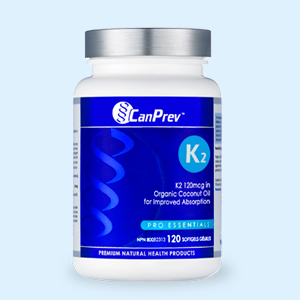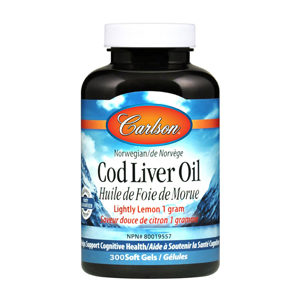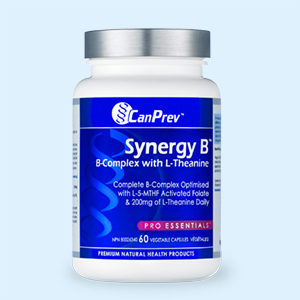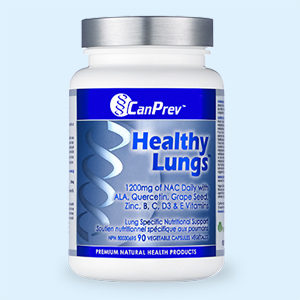Description
Vitamin K2 and Cardiovascular Disease, 120 Soft Caps
Cardiovascular disease affects millions of people around the world. It is the leading cause of mortality in the western world. The major underlying disease is atherosclerosis. Current medical treatments are often invasive and surgical, and medications can have toxic side effects. Vitamin K is not known to be toxic.
- A key vitamin K dependent protein is matrix Gla protein (MGP), and is the most important inhibitor of arterial calcification – or of plaque build up in arteries. Mice who have been genetically bred without MGP die within weeks due to rupture of their arteries.
- Gla needs an adequate amount of vitamin K available in order to function effectively and inhibit calcium. If Gla has enough vitamin K available to it, it becomes ‘carboxylated’. This is desirable, as it means that your body has enough vitamin K for health.
- Research has measured Matrix Gla Protein in the body and low amounts of Gla are correlated with high arterial calcification scores – a key measure of the extent of heart disease, meaning most folks with heart disease are also vitamin K deficient.
- It is now understood that atherosclerosis and heart disease are part of the vascular-bone axis, and can result from dysregulation of calcium in the body – rather than going to bones and teeth, etc, it ends up in veins and arteries.
- Peer reviewed scientific research indicates that adequate amounts of vitamin K can reverse heart disease.
Research has identified several ways that carboxylation can be disrupted, meaning that heart disease can begin. People with these events should take vitamin K.
- antibiotics can affect the bacteria in your gut, interfering with the metabolism of vitamin K from food.
- vaccinations can have the same effect.
- a diet which is low in green leafy vegetables, meaning your diet doesn’t give you enough vitamin K
- medications such as warfarin, or coumarin, which is prescribed for blood clots. Warfarin interferes with vitamin K and people taking warfarin often develop heart disease as a result.
Vitamin K2 is a fat soluble vitamin essential for normal blood clotting and bone metabolism. There are three different forms of vitamin K: K1 (phytoquinone), K2 (menaquinone), which can be made by natural bacteria in the intestines, and K3 (menadione), a synthetic version of vitamin K. Clinical research has demonstrated significant protection of bone strength with the K2 form of vitamin K.
Menaquinone-7 (MK-7) is an effective activator of osteocalcin, the protein essential for calcium deposition in bone. It works synergistically with vitamin D3 to help influence mineral strength in bones and teeth.
CanPrev’s K2 (K2VITAL®) offers a unique form of MK-7 that is derived from organic synthesis of non-soy plant oils (geraniol and farnesol), yielding a pure, active and 100% trans form. This particular process results in a K2 MK-7 that is identical to the K2 MK-7 molecule found in nature and the molecule created by fermentation manufacturing. However, organic synthesis is superior to the fermentation process as it produces a K2 MK-7 that is 100% “all-trans” format, which means it is 100% bio-active and stable.
CanPrev’s K2 softgels are formulated to provide 120mcg of K2 in every softgel with organic coconut oil. Coconut oil is a stable fatty acid that enhances the absorption of fat-soluble nutrients, such as vitamin K2.




